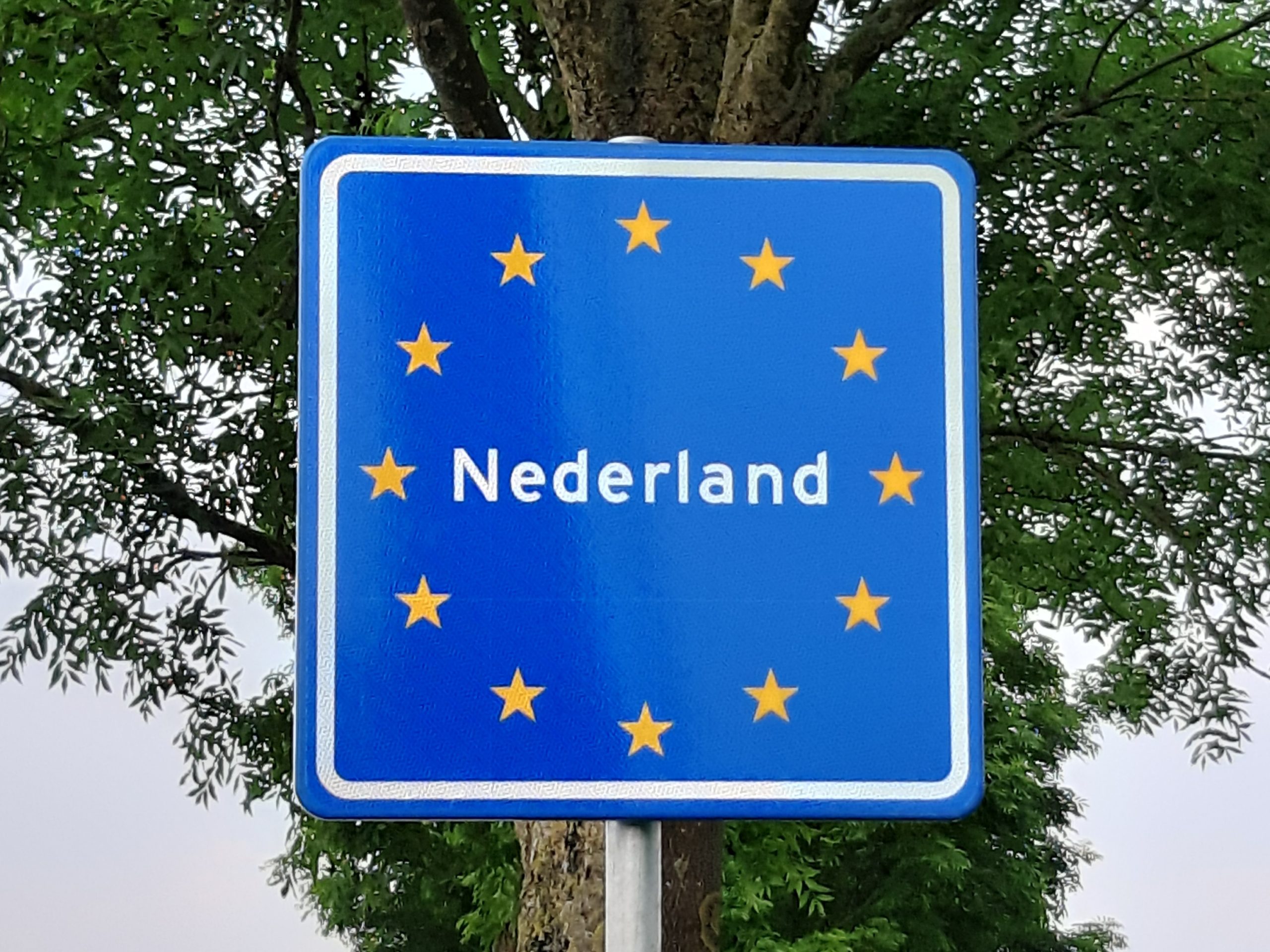Tourism industry angry at EU travel authorisation fee increase
Claudia Delpero
Dutch airline KLM and travel agents association ANVR are among the tourism industry bodies to criticise a EU Commission proposal to almost triple the fee for the travel authorisation that will be needed by visa-free non-EU visitors from the end of next year.
The Commission has proposed increasing the fee for the ETIAS (European Travel Information and Authorisation System) from €7 to €20 citing as reasons “the rise in inflation since 2018 and additional operational costs related e.g. to new technical features integrated into the system”.
The Commission also said the hike will “bring the cost for a travel authorisation to the EU in line with similar travel authorisation programmes such as Britain’s Electronic Travel Authorisation (ETA) and the US Electronic System for Travel Authorization (ESTA).” Both cost around €18.
Airlines and tourism associations have, however, complained about the “proportionality and fairness” of the new fee “at a time when Europe’s tourism sector continues to face the combined pressures of geopolitical instability, high inflation and rising operational costs.”
“While the fee may represent a small fraction of overall travel expenses, the cumulative impact on families is not negligible, not least given the broader context of increasing overnight taxes,” the groups argued in a joint statement.
Amsterdam, for example, now has among the highest tourist taxes in the world.
The groups called on the European parliament and council, which have to approve the fee increase, to reject it and request a “more proportionate, evidence-based fee”.
They also asked whether alternative prices were considered and criticised the reference to the British and US schemes, saying “fee decisions should reflect the actual operational needs of the EU system… not aim to align with unrelated schemes without a clear rationale and legal basis.”
The ETIAS is not operational yet but is expected to be launched in the last quarter of 2026.
The travel authorisation is part of the new EU digital border system, which has been delayed several times.
First step
The first step will be the introduction of the Entry/Exit System (EES), electronic infrastructure that will record data on non-EU nationals travelling to the Schengen area for short stays (up to 90 days in a 180-day period) every time they cross the external borders – replacing the manual stamping of passports. The EES should start its phased roll out in October 2025.
From the end of 2026, the ETIAS will require visa-exempt non-EU travellers to apply for an online authorisation before travelling to the Schengen area.
There will be exemptions, however, for people under 18 or over 70 years, some family members of EU citizens and non-EU nationals who have the right to move freely in the EU, and British citizens with rights protected under the Brexit withdrawal agreement.
Thank you for donating to DutchNews.nl.
We could not provide the Dutch News service, and keep it free of charge, without the generous support of our readers. Your donations allow us to report on issues you tell us matter, and provide you with a summary of the most important Dutch news each day.
Make a donation